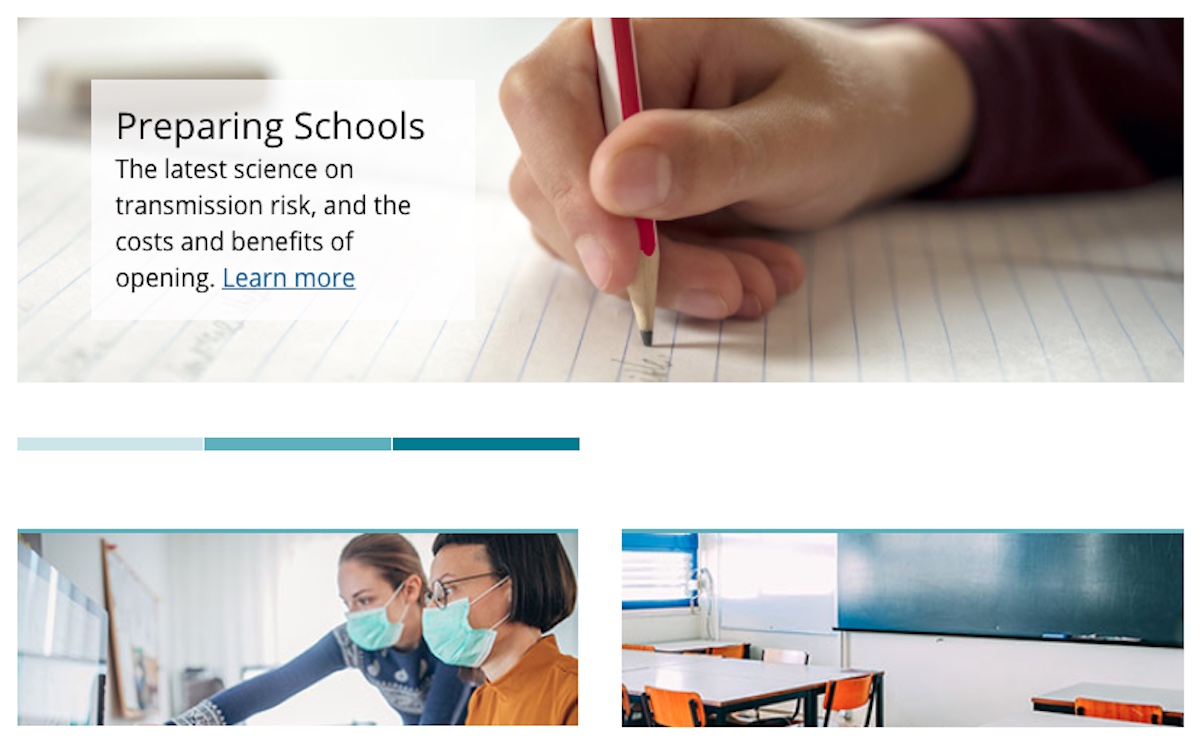The Centers for Disease Control (CDC) updated some of its COVID-19 guidance for schools on August 21. You can read the entire document here.
These are considerations from the document related to children with disabilities:
- Offer options for students at higher risk of severe illness that limit their exposure risk (e.g., virtual learning opportunities).
- Provide inclusive programming for children and youth with special healthcare needs and disabilities that allows on-site or virtual participation with appropriate accommodations, modifications, and assistance (e.g., students with disabilities may have more difficulties accessing and using technology for virtual learning).
- Consistent with applicable law, put in place policies to protect the privacy of people at higher risk for severe illness regarding underlying medical conditions.
- Education should remain accessible for children in special education who have a 504 Plan or Individualized Education Program.
- Behavioral techniques can help all students adjust to changes in routines and take preventive actions. These techniques may be especially beneficial for some children with disabilities and may include modeling and reinforcing desired behaviors and using picture schedules, timers, and visual cues.
- In addition to those who interact with people who are deaf or hard of hearing, the following groups of teachers and staff may also consider using clear face coverings:
- Teachers of young students (e.g., teaching young students to read).
- Teachers of students who are English language learners
- Teachers of students with disabilities
The document also has tips for supporting coping and resilience and lists these important resources:
- Encourage students to call 911 or the National Suicide Prevention Lifeline at 1-800-273-TALK (1-800-273-8255), 1-888-628-9454 for Spanish or Lifeline Crisis Chat if they are feeling overwhelmed with emotions such as sadness, depression, anxiety, or feel like wanting to harm themselves or others.
We encourage families to review this guidance and share it with your child’s school. These are very challenging times, but remember you know your child better than anyone and you are their strongest advocate. Nothing has changed about the laws and policies that protect the rights of students with disabilities. They are still entitled to a Free and Appropriate Public Education that allows them to make meaningful progress. You have invaluable insight into the accommodations that could most help them do this.
(All bullet point items were taken from CDC document.)

